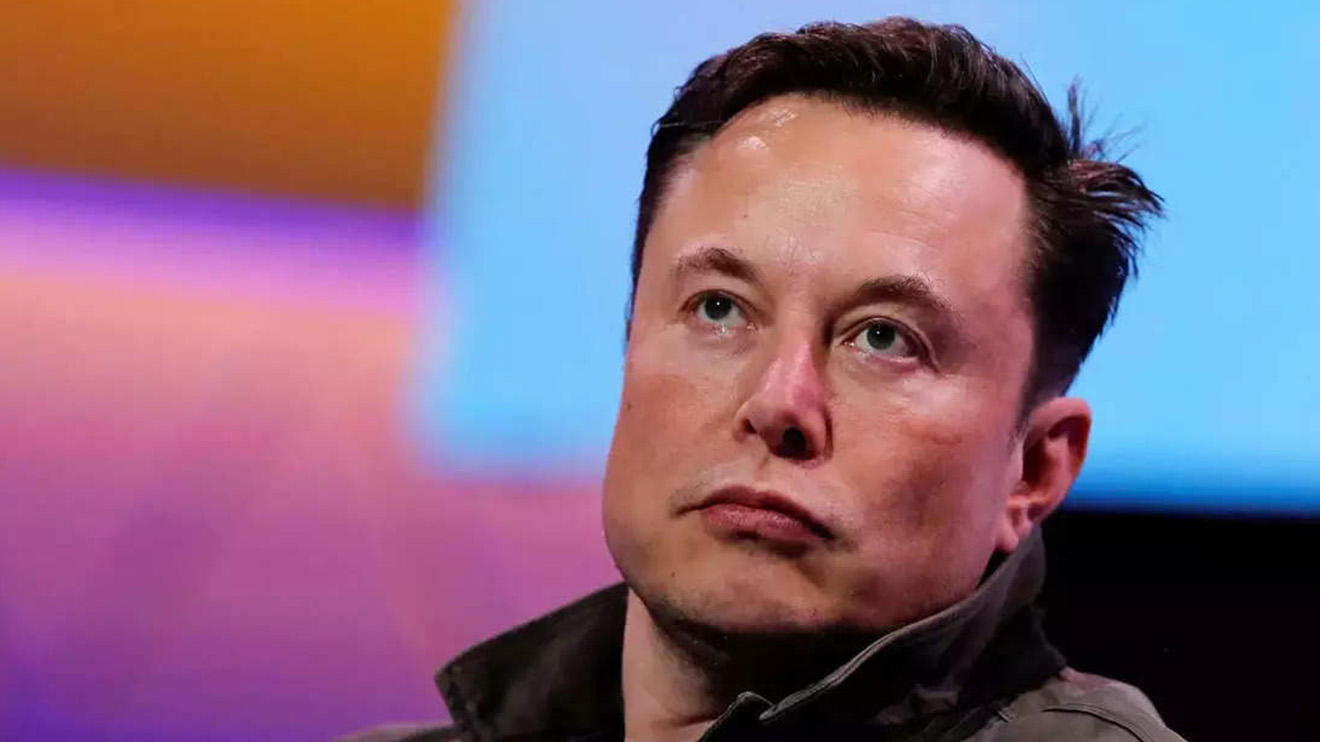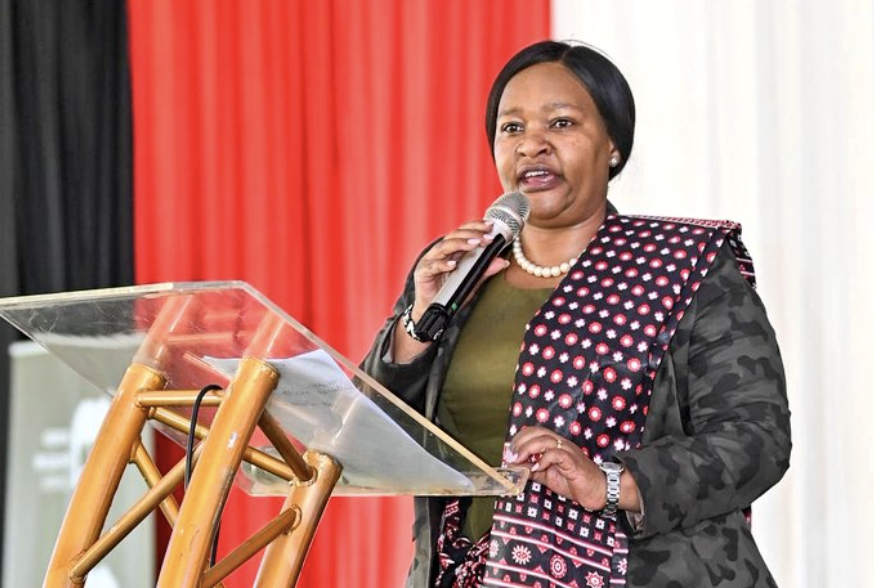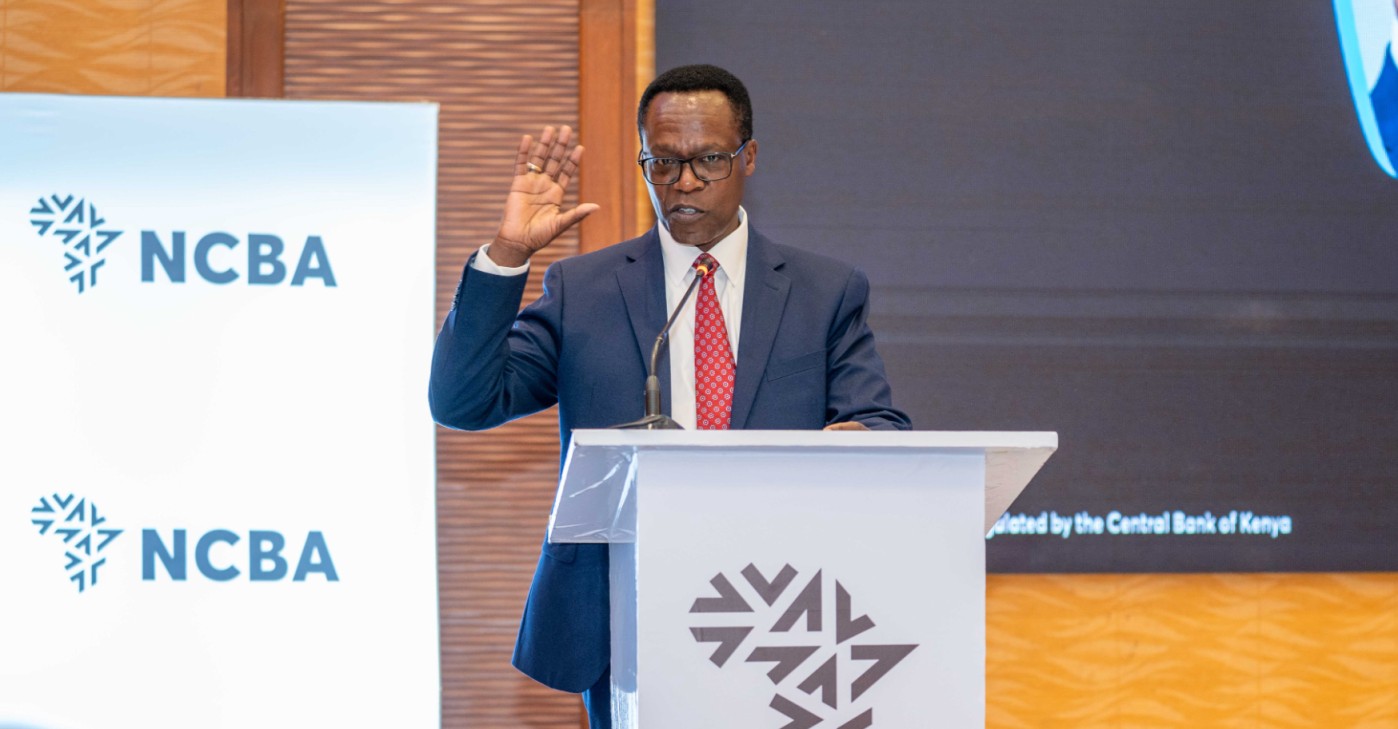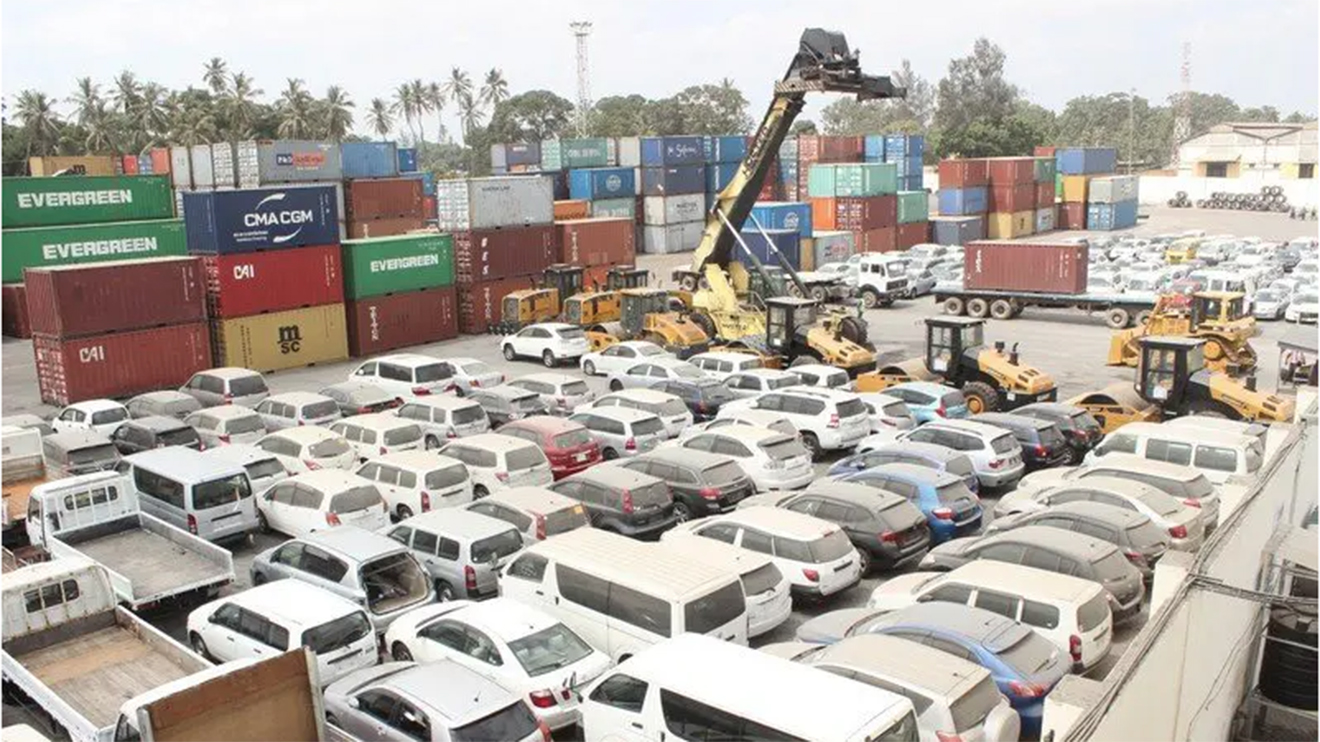Tesla’s dramatic slump in earnings has triggered a sharp retreat from politics by its high-profile chief executive, Elon Musk, who has vowed to reduce his engagement with President Donald Trump’s government after a turbulent financial quarter sent alarm bells ringing on Wall Street.
Musk disclosed on Tuesday that it had earned Sh3.1 trillion (£14.5 billion) in total revenue for the first quarter of 2025, a drop of 9 per cent from the same period last year.
Automotive revenue alone fell by 20 per cent, while overall profits collapsed by more than 70 per cent.
These figures fell well short of expectations, with analysts having anticipated Sh3.4 trillion (£15.9 billion).
The financial dent comes as Musk, who has become a familiar figure in the corridors of Washington power, admitted that his increasing political commitments had begun to draw his attention away from Tesla’s core business.
Read More
As the political backlash over his involvement in Trump’s administration intensified, the billionaire industrialist said he would scale back his role starting next month.
“My time allocation to DOGE will drop significantly,” he said, referring to the Department of Government Efficiency, a cost-cutting initiative within Trump’s administration that he leads.
“I plan to spend only one to two days per week on government matters as long as the president would like me to do so and as long as it’s useful.”
Musk has reportedly donated over Sh33.7 billion ($250 million) to Trump’s re-election campaign, amplifying scrutiny of his dual role as political contributor and corporate leader.
His public alignment with the president, while praised by some, has proven polarising for Tesla’s consumer base.
Adding to the company’s woes, Tesla cited external risks tied to Washington’s shifting foreign policy, especially the recent wave of tariffs on China.
Although Tesla assembles its vehicles in the United States, it remains heavily reliant on Chinese parts, and the mounting trade friction threatens to complicate its supply chain and inflate costs.
Tesla’s investor update pointed to a volatile policy environment and wavering public sentiment as key threats to its short-term performance.
“This dynamic, along with changing political sentiment, could have a meaningful impact on demand for our products in the near-term,” the company said in its quarterly statement.
To boost sales, Tesla has recently slashed vehicle prices, though the move has yet to offset declining margins or rekindle consumer enthusiasm in a politically charged climate.
The firm has offered no forecast for future growth, warning shareholders that instability could persist.
Once hailed for his uncanny ability to balance bold innovation with relentless ambition, Musk now faces the challenge of restoring investor confidence while managing his political footprint.
With the spotlight turning uncomfortably hot, his decision to step back from the front lines of Trump’s White House marks a strategic pause—one that may determine Tesla’s next chapter.




-1727286472.jpg)
-1751495006.jpg)
-1751376032.jpg)

-1751561078.jpg)